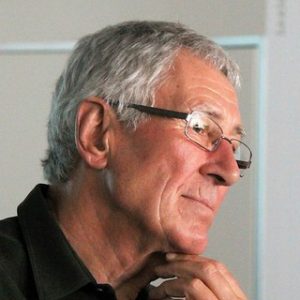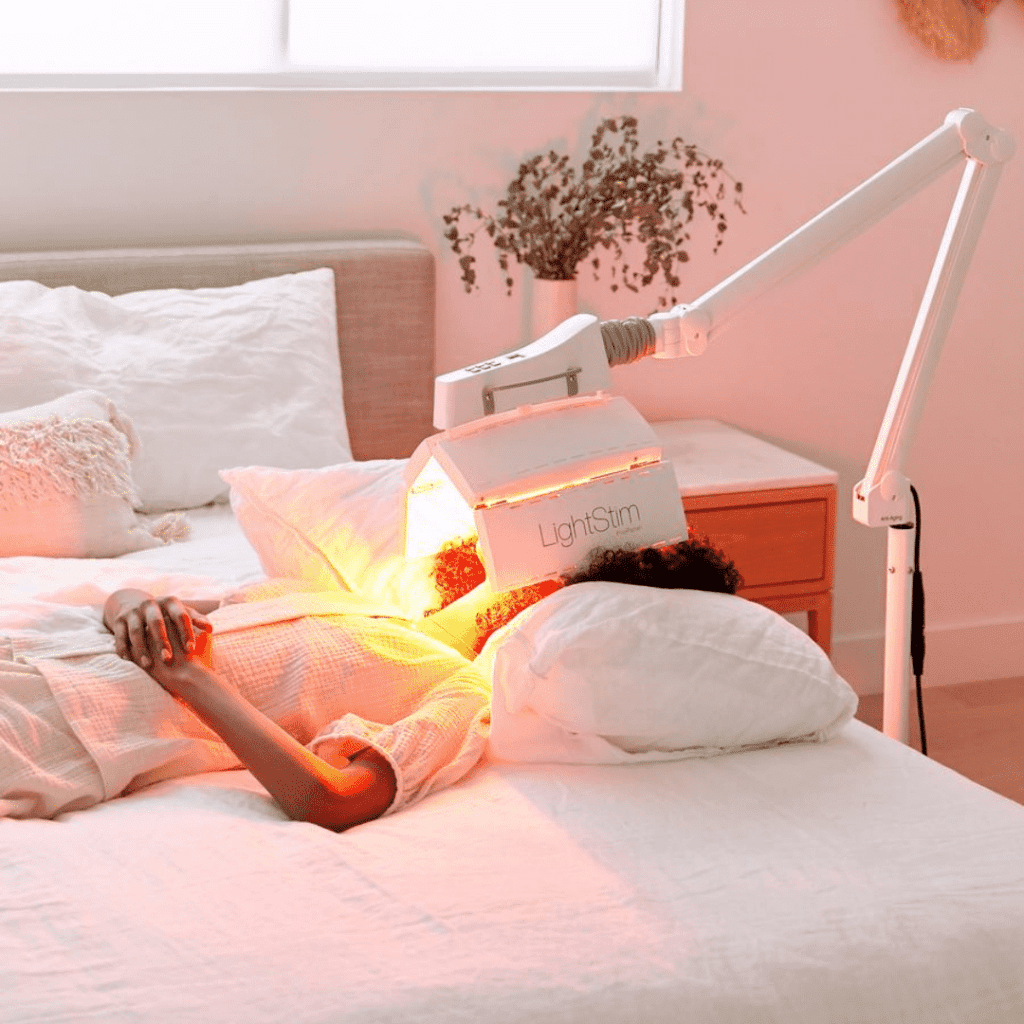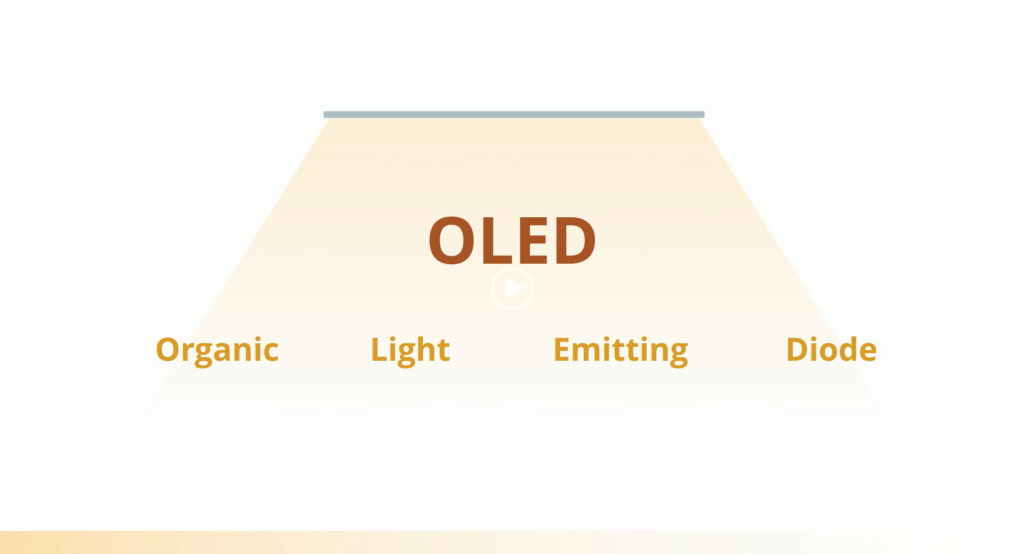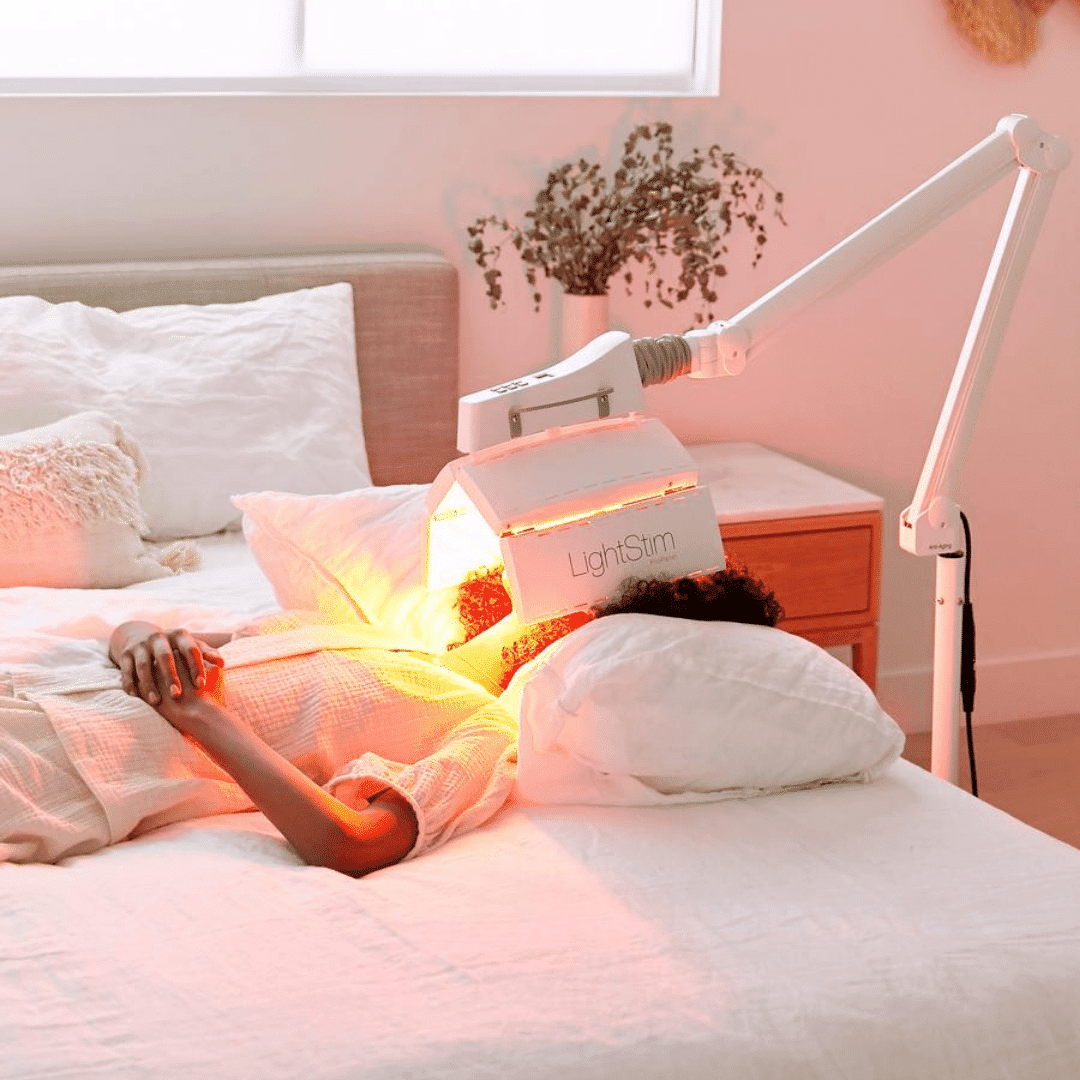why the lumen should no longer dictate a lights worth

Lumen, the measurement of light that comes from a source in a given angle, is historically how many people have evaluated a lighting source for a given scenario. According to Dr. Christopher Cuttle, lecturer in Advanced Lighting Design at the Queensland University of Technology, in his opinion piece “A Changed Understanding of Light and Lighting”, the lumen should no longer be the single-defining factor – and we agree.
In short, how bright a light is should not be the only factor when planning to purchase one (or thousands). There are several factors that need to be taken into consideration.
Of increasing importance are human interactions with light that are not directly related vision. “…the lumen is currently coming under pressure as practitioners seek to incorporate non-visual human responses, notably circadian effects, into their lighting solutions,” says Dr. Cuttle.
Touching upon circadian rhythm in our article creating proactive health through light design, oledlight.org supports Dr. Cuttle’s recommendations on the lumen. Above how much light a source can produce must be the health and well-being of those who are using that light source. “…practitioners are developing lighting proposals concerned with human responses such as alertness and sleep cycle,” states Dr. Cuttle.
As OLED technology advances beyond just the lumen, luminaire manufacturers, architects, lighting designers and interior designers are beginning to adapt to these new ideas. With OLED lights at the core, they are developing and designing luminaires and spaces that can provide superior design, health, and environment. Are you ready to provide superior lighting experiences to your business or personal life?
Time to ditch the lumen, says top lighting scientist
Originally published on Lux Review | June 1, 2020 | Ray Moloney | luxreview.com
THE LUMEN, a measure of lighting since the 1920s, is outdated and needs replacing, one of the world’s top lighting scientists has claimed.
Dr Christopher Cuttle, lecturer in Advanced Lighting Design at the Queensland University of Technology in Brisbane, Australia, says that the notion of a fundamental unit of light is no longer tenable and it needs to be revised. His contention is that the lumen is purely a measure of visible light, and doesn’t take into account its non-visual impact on humans, such as its role in setting our sleep-wake cycle.
‘The reliance on the lumen is currently coming under pressure as practitioners seek to incorporate non-visual human responses, notably circadian effects, into their lighting solutions’. He says that there is ‘far more to human visual sensitivity’ than is indicated by the lumen, and ‘more again when the full scope of lighting practice is taken into consideration’.
‘Lighting practitioners have been content to adopt the lumen, which is derived from the candela, for specifying quantities of light although they recognise it is inappropriate for non-visual applications such as providing for therapeutic, photosynthetic or germicidal effects, or for assessing potential for photochemical damage’, Cuttle wrote in the learned journal Lighting Research & Technology.
The lumen is the SI unit of luminous flux, a measure of the total quantity of visible light emitted by a source per unit of time. Cuttle points out that it is based on brightness responses for a small light field and doesn’t represent alls of the effects on the eye and brain.
He suggests it would be better to measure lamp and luminaire performance in terms of its spectral power distribution in Watts per nanometre. ‘While the notion of multiple illuminance units might seem confusing, it would rid us of ‘scotopic lumens’ and other such proliferating confusions’, said Cuttle.
‘These proposed changes would enable lighting practitioners to evaluate illumination according to the purposes it is to serve as well as putting them in the role of delivering the range of benefits that advanced lighting technology offers to the community.’
Dr Chris – known as ‘Kit’ – Cuttle received Society of Light and Lighting Lighting Award at the society’s annual general meeting in 2018.





